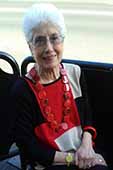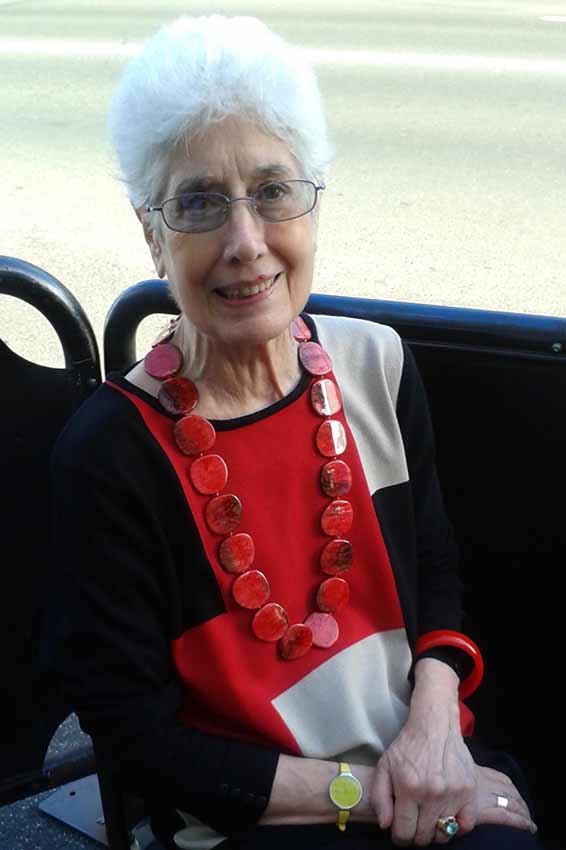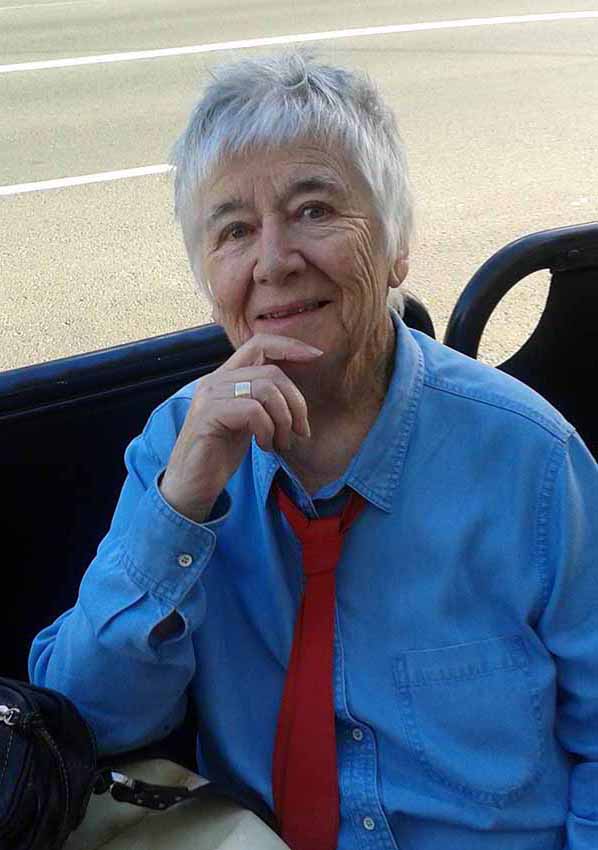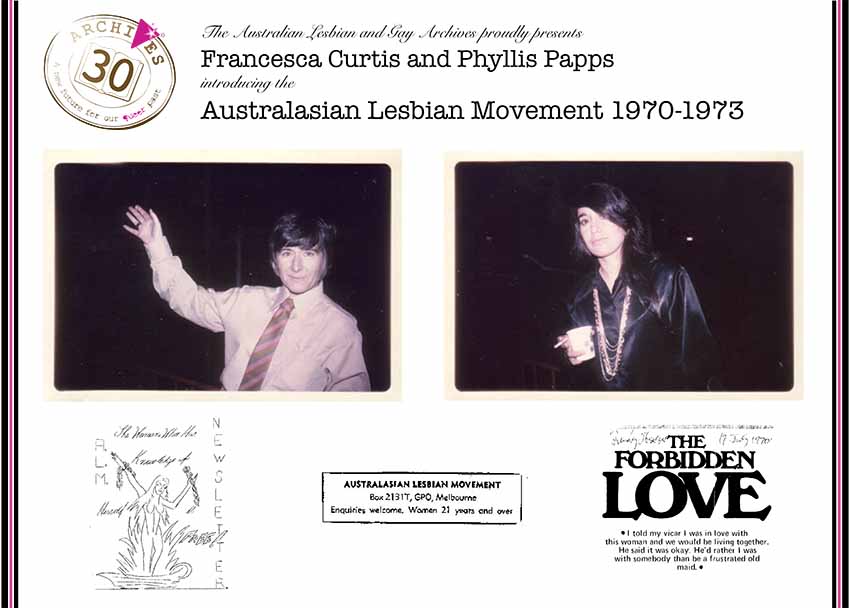
AUSTRALIA. 1970. John Gorton was Prime Minister. There was no Minister for Women. The nation was largely conservative although the counter-culture movement had arrived. Germaine Greer published The Female Eunuch. Alternative voices were speaking and people were listening. Change was afoot. The flow-on effects from the Stonewall Riots in New York were trickling Down Under, and there were the first stirrings of women’s liberation and calls for the end of sexism within the union movement.
In Melbourne, the rumblings of equality were growing. Here, Francesca and I met during this time of social change in a country which had been founded and forged on discrimination and the repression of minority groups. Gay men were entrapped by undercover cops in bars and arrested. Lesbians might as well have been invisible, such was the lack of understanding about their very existence. Many lived their lives under the cover of unhappy marriages, unsure of what they could do with their feelings or to whom they could turn. One place they could turn to was our home in the St Kilda clubrooms of the Australasian Lesbian Movement (ALM), formerly called The Daughters of Bilitis. Researchers have since proved that this was the first political homosexual group in Australia.
In June 1970, on behalf of ALM, Francesca appeared on Channel 10’s The Bailey File, openly and proudly declaring herself homosexual – the first to do so in such a public way. It was when I saw this television program that I became aware there were women out there just like me. Both of our relationships were in a state of flux, and when I met Francesca at an ALM social event there was an instant attraction.
Sometimes events propel you out of a rut when you just can’t seem to crawl out. So began our relationship which has lasted nearly 47 years. Of course nothing is simple when one does not have the same basic rights as one’s heterosexual counterparts. We led these private lives … we were discriminated against and we weren’t equal with everybody else. And we had to hide this. Though we never hid our relationship, society was not quite ready to see same-sex relationships as equal. Perhaps it still isn’t, but that has never stopped either of us.
By late 1970, Francesca was president and I was secretary of ALM and had taken over the organisation’s Acland Street rental apartment. In October, we appeared on television together as a couple, this time on Channel 2s This Day Tonight, which brought with it a flurry of complaints from shocked viewers. Those who weren’t complaining were the women who contacted ALM after the program.
We soon found ourselves a point of contact at all hours for women who were questioning, looking to socialise or even wanting to be set up with a girlfriend. After 18 exhilarating and stressful months, we resigned from our positions and began new lives. ALM disbanded soon after. It had fulfilled its purpose and Gay Liberation was well and truly underway in Australia.
Fast forward to late 2001. We left our beloved North Balwyn home of many decades and moved to Phillip Island. Now retired, we have remained active in our pursuits and heavily involved in the community we live in. We have devoted many years of our lives to voluntary work. For eight years I was involved with Bass Coast Community Health Service as board member, treasurer and president, I was secretary of the Rhyll Community Association for three years and secretary of Rhyll RAID. Francesca has been tutor of the U3A Creative Writing group for 10 years, as well as committee member. Both of us have been judges of the Waterline Writing Competition for six years.
In 2008 we visited the Australian Lesbian Gay Archives (ALGA) and donated all our material – a scrapbook of newspaper clippings starting from 1969, the audio tapes of our television interviews, postcards, letters, photographs, books, magazines and other memorabilia related to our gay activist days. As pioneers of gay liberation, we have been interviewed on many occasions by researchers and writers and have had chapters written about our lives for journals and books.
We have never wanted children of our own and the words same-sex marriage or marriage equality were not in our vernacular in the heady days of the early 1970s. We just wanted to make sure gay women were no longer invisible or discriminated against.
Some see the current push for marriage equality as clouding the many other basic rights yet to be given equal status. Births, Deaths and Marriages Victoria is slowly changing how it allows families to be recognised. Superannuation benefits, wills and testaments, powers-of-attorney, and other legal links can be made to a same-sex partner. Workplace discrimination and dismissal on the basis of gender or sexual orientation is illegal, though in practice this remains far more complex.
In Ghost Wife, Michelle Dicinoski’s memoir of her journey from Australia to Canada to marry her wife Heather, Dicinoski talks about the importance of a legal paper trail for same sex- relationships. Something that proves these relationships existed. In our case we have made sure that all legal loopholes have been filled. We have joint ownership of our home at Rhyll, we have joint wills, we have joint powers-of attorney, and we have a pre-purchased a double plot at the Phillip Island Cemetery. The only thing we don’t have is a piece of paper that states that we are married, even though we exchanged gold wedding rings back in 1970.
Francesca and I are now in the elderly bracket and coping with health issues, yet both of us are still keenly pursuing active lives through our various literary activities. Animal and bird companions have been a constant. Our lives have been about freedom, diversity, equal rights and a better future for everyone, devoid of bigotry, hate and discrimination.
We no longer wish to be seen as non-conformists “on the fringe” of society. I truly believe that we have earned our place in society and the right to be accepted as equals.


